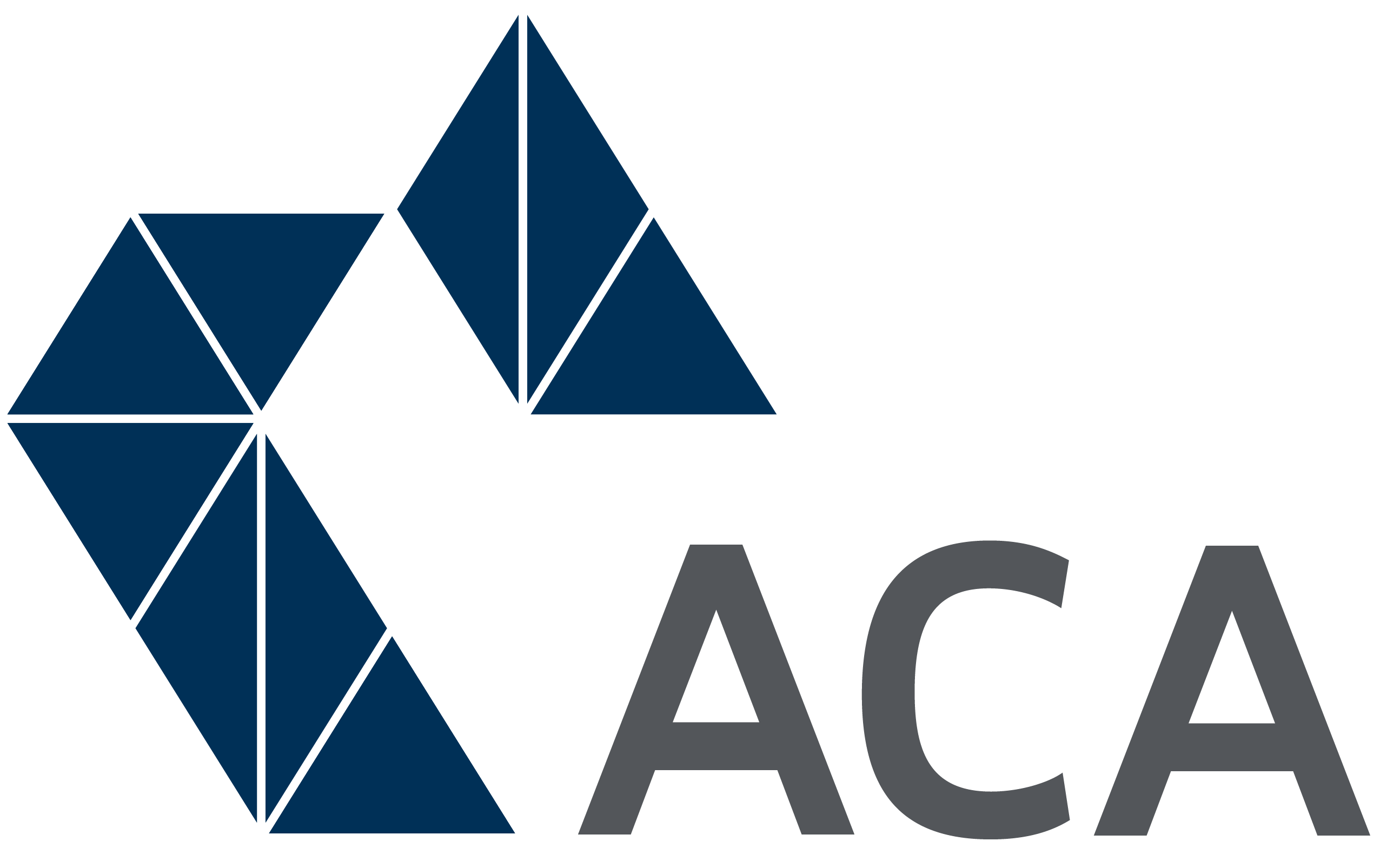
When parents and early childhood educators work together to form positive, trusting relationships, they can make a real difference to young children’s lives. Unfortunately modern life doesn't make forming these relationships easy; many parents struggle to find the time in their working day to be present in their child's early learning environment.
The Australian Childcare Alliance (ACA) has paired up with parenting and resilience specialist Maggie Dent, to help families and early learning services understand the importance of building these relationships, and the many benefits that these positive connections bring about for their children.
“Partnerships between parents and educators are absolutely key to helping our children flourish in the early years and as they transition into and through primary school,” Ms Dent said.
“What makes it so hard is that our world is moving faster than ever before, parents are time-poor and information-overloaded, and our educators face increasing demands and expectations.
“At the same time our children are facing growing levels of anxiety and many are struggling with self-regulation… our world is not setting them up for a resilient, successful life as adults.”
Ms Dent said every child deserved high quality Early Childhood Education and Care (ECEC) and having highly respected specialists to give valuable, well-researched and practical information was really important to give children the best possible start in life.
“I often say parenting young children is like being a CSI detective. They can’t always tell you what’s going on, so it’s up to us to look for clues. That becomes very hard if home and day care or school have no relationship with each other.”
ACA President Paul Mondo said when it comes to nurturing children to develop a love of learning, parents play a huge role in parallel with a quality early learning environment.
“Research shows that parent involvement in their early learning environment helps children develop a sense of belonging, safety and trust,” he said.
“Positive relationships between parents and early childhood educators also bring about greater exchanges of information about the child’s background, family circumstances, language or cultural differences and any health concerns.
“This background knowledge is really important in allowing the educators to tailor their approach to better teach and care for individual children. It also allows them to better assess the child’s health and ongoing development and feed this back to the child’s family.”
“We also encourage services to organise group activities which parents and families can attend with their children, such as family morning teas, family days which may focus on a particular theme such as a type of sport or gardening, and family contributions to activities throughout the year such as helping out with excursions. Services can also remind families that they're always welcome to come in and be part of what's going on."







